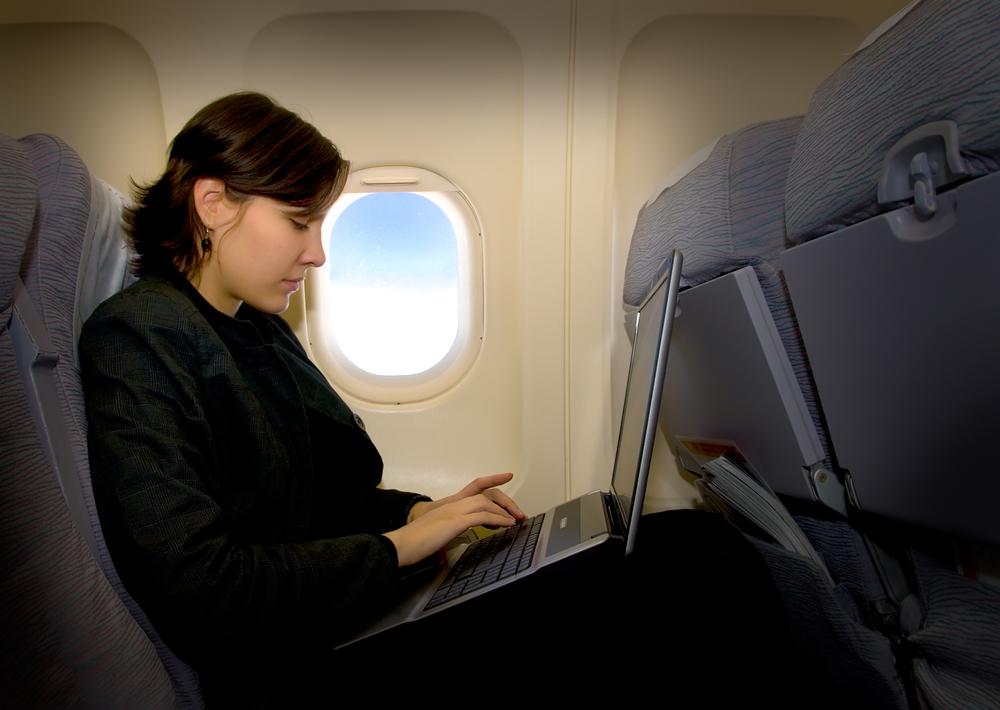A class-action lawsuit claiming false advertising has been filed against the industry’s leading inflight Wi-Fi provider Gogo.
The suit, accepted by the federal District Court for the Eastern District of New York on Friday, alleges that Gogo is “misleading consumers about recurring charges for Gogo inflight Internet service.” It can be read in full via TruthInAdvertising.org.
Essentially it states that customers who signed up for one month, were continually charged the monthly rate without their consent.
One of the named plaintiffs, New York City resident Adam Berkson, subscribed to Gogo for one month on Sept. 25, 2012, which cost $34.95. For the next three months, Gogo continued to charge his credit card the same amount.
Berkson contacted Gogo to dispute the charges, but the company refused to refund his $104.85.
Berkson said, according to the suit, he didn’t authorize continued payments, nor did he receive any sort of notification that he was being charged.
Gogo’s website currently states that the charge for “monthly” service will be recurring, but this was not the case in 2012. Nor did Gogo require any customer action to indicate approval for recurring charges, such as “checking a box” to accept terms of service, states the suit.
The plaintiffs assess that Gogo would be generating “thousands, if not millions, of dollars in revenue for services that are not used,” in this scheme.
“Because Gogo’s customers may get charged indefinitely for Gogo’s services, and because Gogo does not offer full refunds to those who notice the fraudulent billing in time, the injury is substantial,” reads the complaint.
The lawsuit accuses Gogo of purposely attempting to inflate profits through misleading customers in order to improve its financial outlook ahead of going public.






